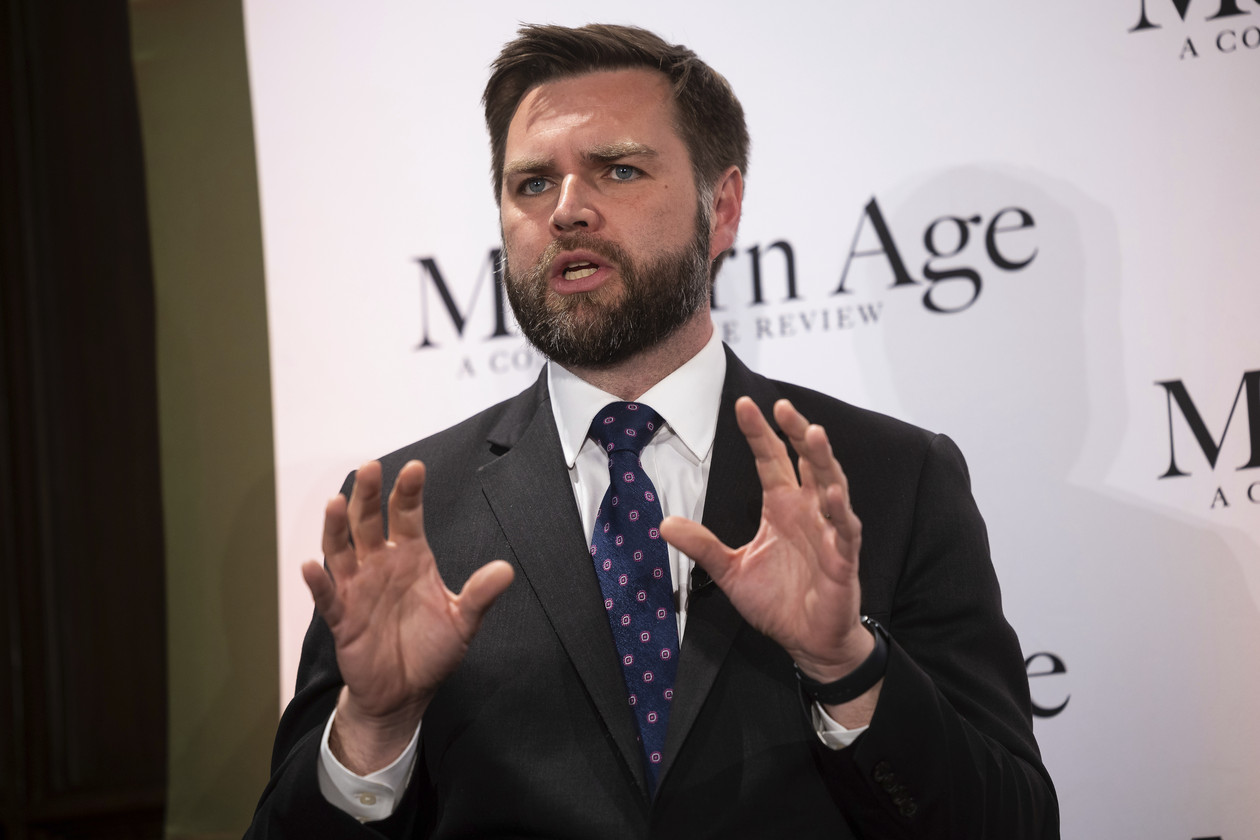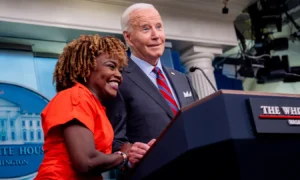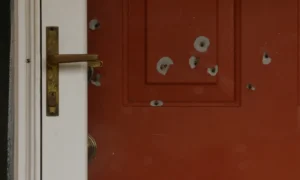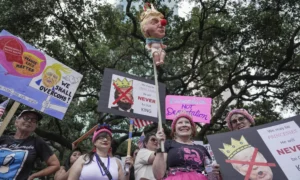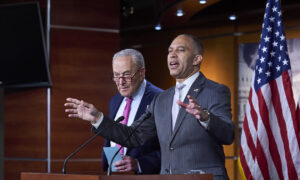Joe Biden will leave the White House in January, becoming only the second Catholic to do so. However, several Catholics are anticipated to join Donald Trump’s cabinet in the near future.
Trump, who was raised as a Presbyterian but now considers himself non-denominational, has nominated at least a dozen Catholics to high-level positions in his administration, including his own vice president, JD Vance, a Catholic convert, and Robert F. Kennedy Jr., his pick for Health and Human Services Secretary. Their beliefs might have a direct impact on public policy, from pro-union legislation and new tariffs to boosting the child tax credit and tightening food and drug regulations — as well as paving a new course for the Republican Party.
In interviews, some conservative practicing Catholic leaders stated that many of Trump’s second-term policy initiatives are closely aligned with a conservative interpretation of Catholic social teaching, which extends far beyond abortion. It is also centered on encouraging marriage and childbearing, providing parents broad discretion over everything from school subject to health care, and empowering non-governmental institutions such as churches and charitable organizations to provide social services.
“No one’s walking into the administration ready to mount a crusade or anything,” said Rachel Bovard, vice president of programs at the Conservative Partnership Institute, a Trump-aligned think tank. Nonetheless, “there’s a very specific sort of Catholic paradigm that you may begin to see.”
It follows decades of influence from more individualistic evangelical Protestantism on the Republican Party, which, among other things, strongly supported individual liberty and free market capitalism.
“The market is not the end in itself. The market serves a purpose: to build a free and happy society. If a family is struggling, society suffers as well. “We need to make sure that our public policy helps families function,” Bovard said.
A representative for the Trump transition did not reply to a request for comment.
Trump has drastically transformed the Republican Party in his almost decade of political prominence, and it’s evident that the party’s future will not be found in Ronald Reagan’s three-legged stool of conservatism, which was fiscally conservative, socially conservative, and militaristic.
Whereas Republicans have always been suspicious of government intervention, some in the party are increasingly seeing the government as a tool for reshaping social policy. Republicans, who have long supported “pro-life” policies such as restricting abortion access and supporting crisis pregnancy centers, are now shifting to a broader set of pro-family policies, which range from tax policies encouraging people to marry and have children to restrictions on children’s access to online pornography. They are also becoming increasingly distrustful of large corporations, such as Big Pharma, Big Ag, and Big Tech.
“I believe President Trump has put together a very pro-family platform that aims to put the family back at the heart of public affairs. Obviously, I believe that is extremely Catholic. Terry Schilling, head of the American Principles Project, stated, “I don’t think he’s trying to be very Catholic.” “It just so happens to coincide with Catholic principles and Catholic teaching.”
This is not the progressive Catholicism of Biden, Nancy Pelosi, and other prominent Democrats, whose top priorities include social justice, climate change, and health care access. Their conception of Catholicism would reject the idea of turning away refugees or limiting Medicaid access.
Catholics are the world’s biggest Christian population, and Catholics from both parties have historically held key posts not only in the White House but across Washington. Six of them serve on the nine-member United States Supreme Court; they account for a quarter of Congress, where they are overrepresented in comparison to the American population; and Biden chose a substantial number of Catholics to his Cabinet.
However, conservative Catholic leaders see the GOP’s embrace of populism as a shift toward what they term common-good conservatism, which is less concerned with individual rights and more concerned with families and the community. It replaces a pro-business stance with a “pro-family” one. And it is one that they see non-Catholics gravitating towards. In a recent interview with TIME Magazine, Trump said that the GOP had “become the party of common sense.”
“What does Catholic social teaching say about these issues? Brian Burch, president of the conservative Catholic Vote, stated that the goal of politics is to promote the common good. “And right now we have a huge swath of our population, especially families, that are not flourishing.”
Trump’s standing with Catholics is only improving, thanks in part to his dramatic rise among Latino voters. According to CNN exit polls, he received 59 percent of the Catholic vote this year, up from 50 percent in 2016 and 52 percent in 2020.
Some conservative Catholics are especially interested in Kennedy, whose uncle, John F. Kennedy, was the country’s first Catholic president. While Kennedy comes from a long line of Democrats and was a registered Democrat until 2023, some of them see his concerns that food and drug companies profit from sick people as aligning with Catholic social teaching’s concerns about human dignity and respect, while others are concerned about his changing views on abortion.
“Bobby has spoken about the commodification of the human individual, whether it’s their illness or their health—it’s just another vaccine away from being managed. Or Big Food, Big Government, and Big Pharma have collaborated to treat humans as commodities, and they’re just cogs in a globalist machine that we can manipulate with medicine, technology, and science,” said Burch, who is close to Kennedy. “And for Catholics, we say, well, wait, no there’s something much richer and deeper and more profound about what it means to be human that we need to recapture.”

